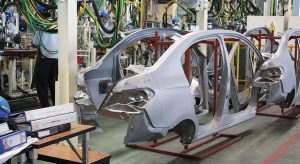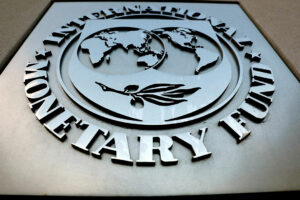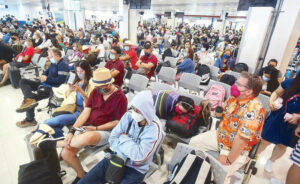Gov’t support for manufacturing seen boosting job creation

MANUFACTURING must be made a government priority after the industry’s share of gross domestic product (GDP) and employment declined, according to an economic think tank.
“(The government) must provide means and opportunity for local manufacturers to flourish,” IBON Foundation Executive Director Jose Enrique A. Africa said at a briefing.
Mr. Africa called on the need to increase subsidies for research and development, technology, and worker training in manufacturing.
Citing the government’s public utility vehicle (PUV) modernization program, Mr. Africa said tariffs for imported PUVs must be increased to support manufacturers selling jeepneys for P1 million or less.
“If the government purchases vehicles for its local government units or line agencies, it must require them not to purchase foreign cars and instead buy locally manufactured and assembled goods,” Mr. Africa said.
The Land Transportation Franchising and Regulatory Board (LTFRB) told legislators last week that about 38,000 jeepney drivers could lose their jobs next month under the PUV modernization program.
This number represents 24% of jeepney drivers and operators that have not been reorganized as cooperatives or corporations, LTFRB Chairman Teofilo E. Guadiz III said.
Manufacturing’s share of GDP fell to 17.6%,the lowest since the 16.3% recorded in 1949, according to IBON Foundation.
Manufacturing also led the decline in number of employed persons with 656,000 between October and November, according to the Philippine Statistics Authority.
“The most stable, sustainable and important sources of work is industry, because this is where the productivity and competitiveness of a country comes from,” Mr. Africa said.
Manufacturing output rose to 1.9% in November, according to the Philippine Statistics Authority. However, the volume of production index for the manufacture of food products was at 5.0%, lower than the 5.7% posted in October and 7.7% in November 2022.
The economy grew 5.9% in the third quarter, the “strongest among major Asian economies,” according to the Finance department.
“Our main concern there (that this) is not the full picture of how the entire economy is running,” Mr. Africa.
IBON estimates that 78% or over 38.3 million workers are employed in “poor-quality work.”
Of this total, 43% or 21.3 million are in “visibly informal work.” Within this category, 14.2 million are self-employed, 5.1 million work in family farms or businesses, and 2.1 million are household help.
More than 17 million or 36% are wage earners in informal establishments, which are not covered by the labor code or have irregular work arrangements, IBON estimates. — Beatriz Marie D. Cruz




